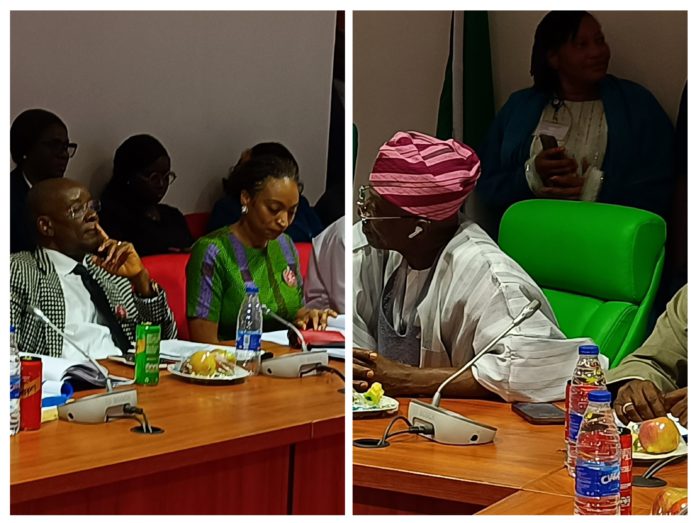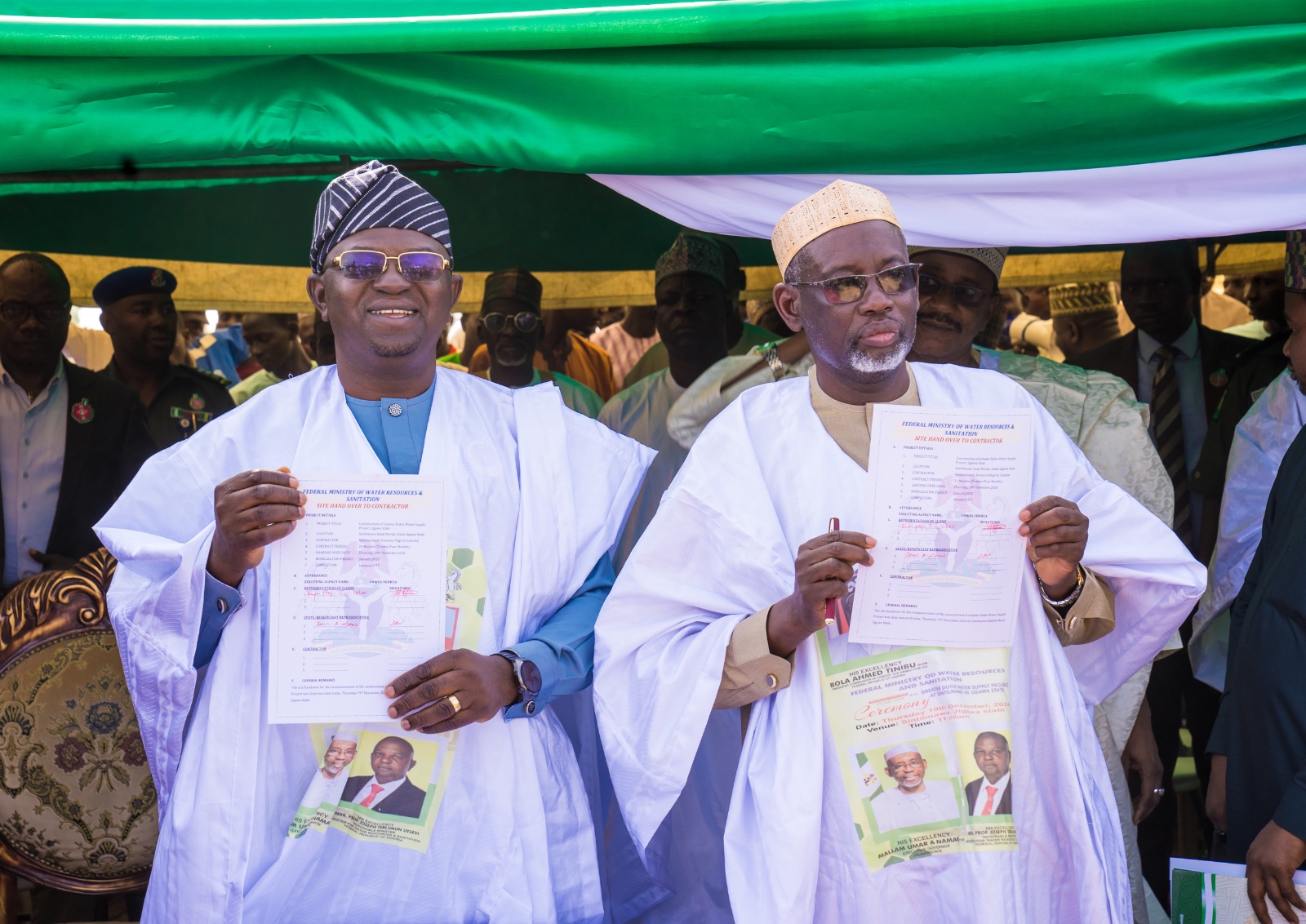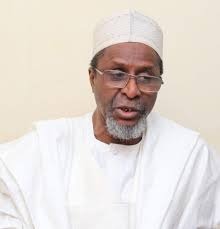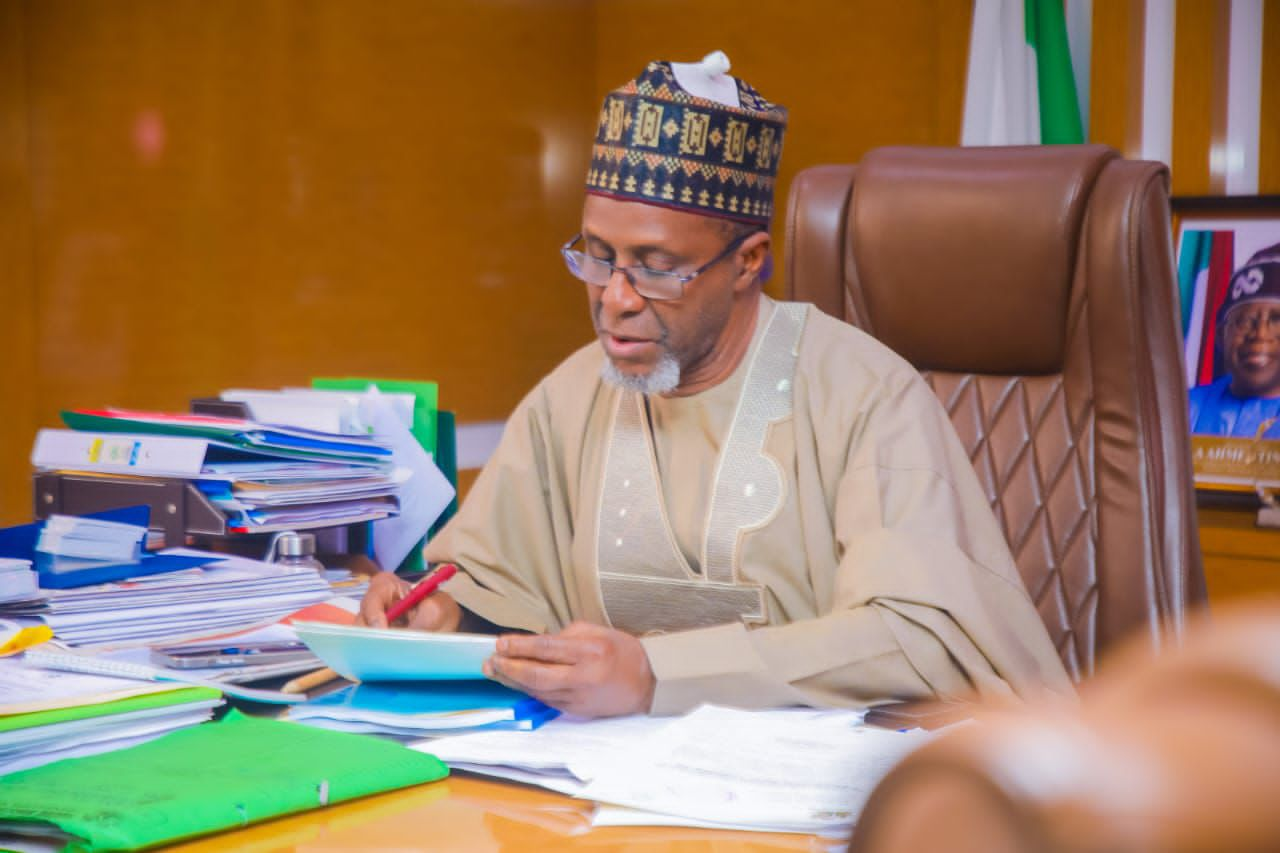Fadaunsi Sounds Alarm on Border Closure Fallout: Rise in Banditry, Smuggling

The National Assembly on Friday raised concerns over the adverse effects of Nigeria’s border closure, pointing to increased cross-border banditry in states sharing boundaries with Niger and Chad.
Senator Francis Adenigba Fadaunsi (PDP, Osun East), Chairman of the Senate Committee on Industry, expressed these concerns during the 2025 budget defense session of the Senate Joint Committee on Trade and Investment in Abuja.
Fadaunsi criticized the government’s approach, arguing that the borders should be fully opened instead of remaining “technically closed.” He highlighted that Niger and Chad’s withdrawal from the Economic Community of West African States (ECOWAS), coupled with their open borders with Nigeria, has exacerbated insecurity in border states and worsened the nation’s economic challenges.
READ ALSO: NEMA, KSrelief to Distribute 4,900 Food Baskets to Vulnerable People in Adamawa, Kebbi States
WEP Launches Farm Beta Radio Programme to Support Farmers with Early Warning Climate Information
According to Fadaunsi, the border closure has not achieved its intended goals. Instead of curbing smuggling, it has fueled illegal trade and undermined Nigeria’s economy. “For instance, in rice production, the country faces a shortfall of 4 million tonnes, with local producers only meeting 3 million tonnes of the 7 million tonnes required. This gap is being filled through smuggling,” he said.
Hon. Paul Kalejaiye, representing Ajeromi/Ifelodun Federal Constituency of Lagos State in the House of Representatives, also criticized the policy, questioning its uneven implementation. “Are all borders across the nation closed, or is this policy targeting a particular segment of the country?” he asked.
Senator Suleiman Sadiq Umar (APC, Kwara North), Chair of the Senate Joint Committee on Trade and Investment, urged the Minister of Industry, Trade, and Investment, Dr. Jumoke Oduwole, to engage with the Presidency to address the challenges posed by the border closure.
During her presentation, Oduwole revealed that the Ministry allocated N3.8 billion for capital expenditure in the 2025 fiscal year, N4.65 billion for personnel costs, N1.45 billion for overhead, and projected revenue of N2.4 billion.
However, the Committee identified errors in the Ministry’s budget documents, including an incorrect allocation of N59 billion for a N50 billion project. The Ministry was directed to make the necessary corrections and resubmit the documents.





